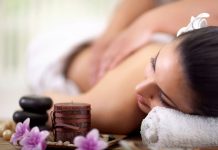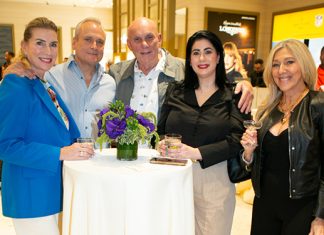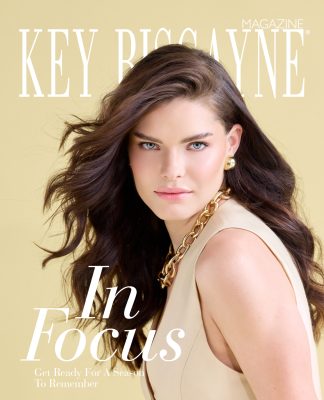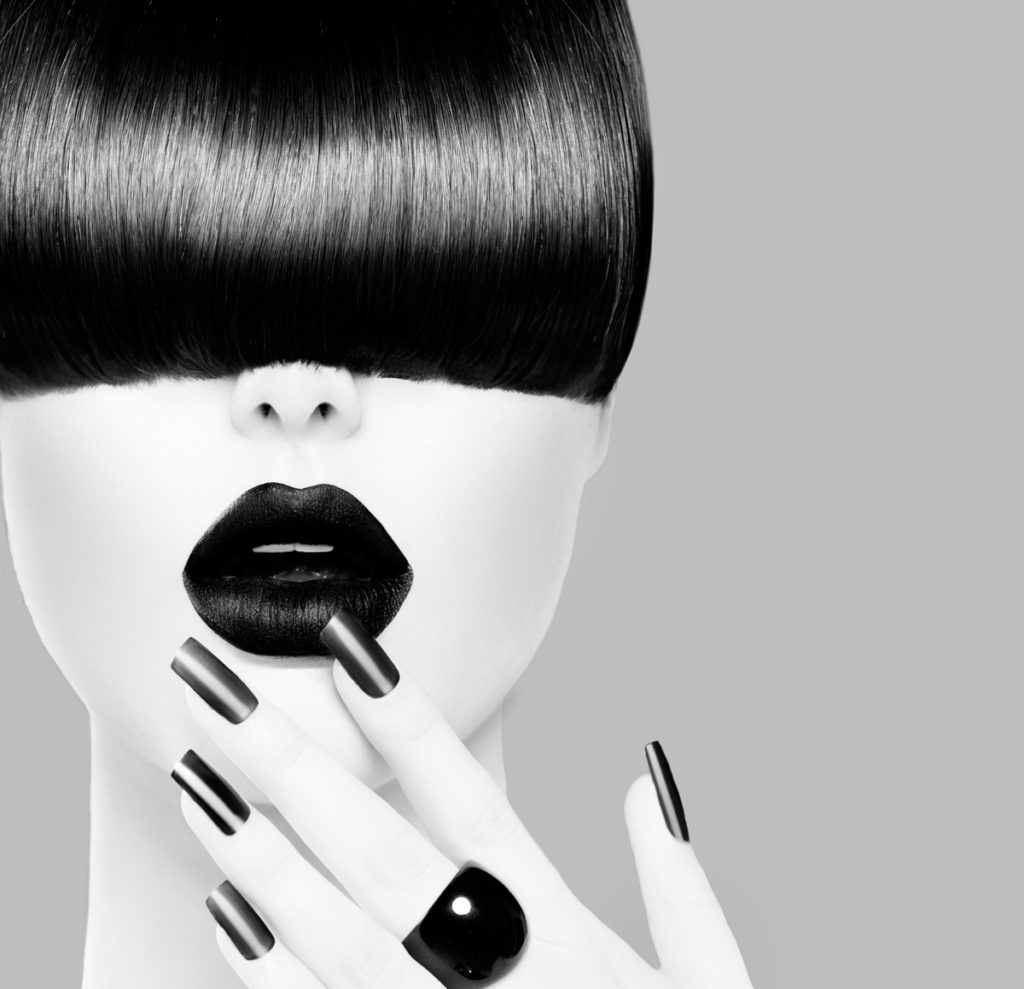
You are what you wear. In your closet is an opportunity to improve your mood when you’re feeling low. Ask yourself, have you ever opened your wardrobe only to be faced with an item of clothing you immediately feel bad about? You wore it for a date that went badly wrong and haven’t put it on since. Then there’s that dress hanging beside it, an old favorite you don’t fit into anymore, but would never dream of throwing away. Researchers have found women attach emotions to clothes. Which makes it easy to use the ones that make us feel good as tools to boost our mood. “We all have days when we feel blah,” says Christie Grays, founder of I Am CHIC (Christie Has It Covered). “It’s on those days that I encourage clients to step up their wardrobe a bit. It’s kind of like when you put on a leather jacket and feel fierce or when you put on an interview suit and feel qualified. When you dress in something nice, you feel good.”
Many of us are familiar with the age-old cliché that says: “Always dress for the role you want, not the one you currently have.” Grays says she partially agrees with that. “If a typical CEO/Senior Partner wears certain name brands or custom-made clothes that a manager/director cannot afford, then how can you fully dress the part?,” she says. “A great way around that is securing a tailor because the biggest problem is with fit. Get the clothes you can afford tailored and bam!, it appears tailor-made, which is the ultimate top-level look.”
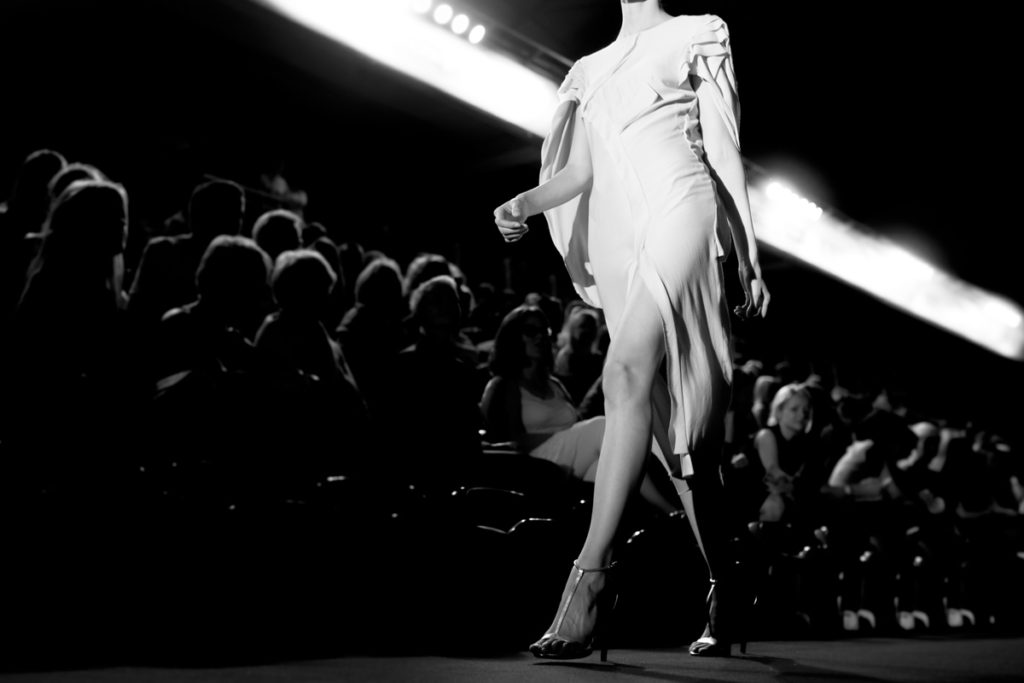
When she does presentations for corporations, Grays talks about a scientific study that shows when people are dressed in white lab coats and are assigned tasks as “doctors” vs. “artists” — the “doctors” have the highest scores. It’s all about perception. You’re perceived as more successful and thus tend to function as more successful. “It’s also true that people are drawn to standouts because your personality isn’t the first thing people see, it’s your style,” she says. “When in a room full of people, we tend to be drawn to the well-dressed, who in turn are approached by people who make comments that can then be converted into a conversation. The person that can garner the attention of the room can turn that into success. When you look good, you feel good.”
Designer Julian Chang agrees. “Dressing up and/or dressing well can change your state of mind. If you feel good about the way you look, it will be reflected in your outlook and the impact it has on other people will influence how they interact with you. This will further improve how you feel. People who dress well and appropriately will develop a high opinion of themselves and a positive state of mind. It will help build confidence, and confident people become successful people.”
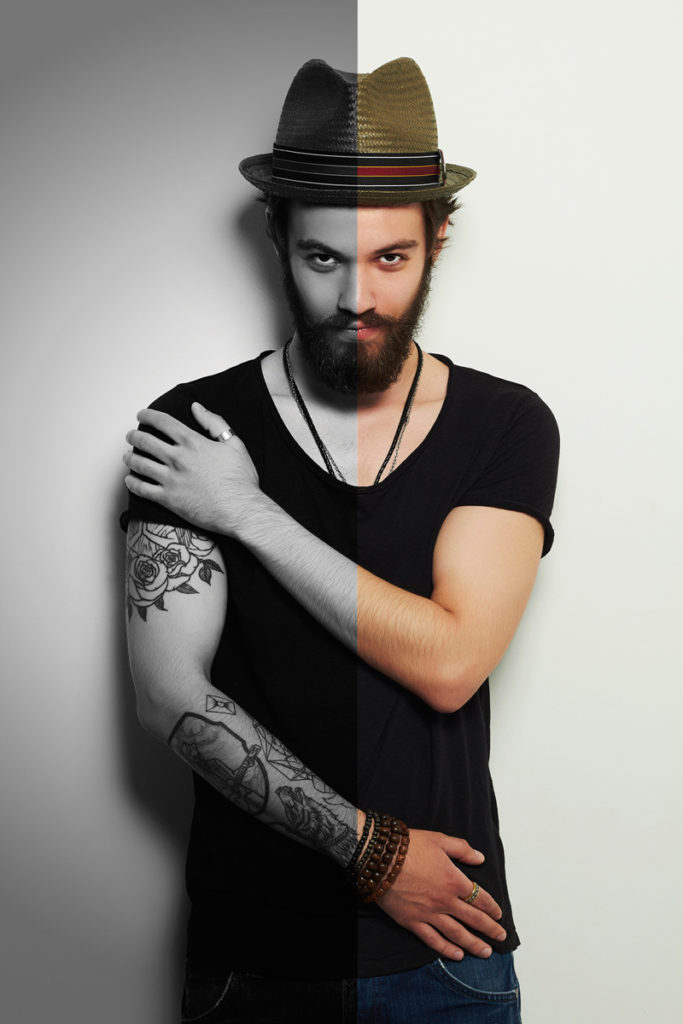
The theory of dopamine dressing has led to a new career: Fashion Psychology; the study of how color, fashion and shape affects human behavior, while adjusting for cultural norms and sensitivities. We demand many things from clothing and many people using clothes to change their mood. If we get up and aren’t feeling great, we put on something that will brighten us up. On the other hand, we can also use clothes to mask our emotions. A cheery color may not brighten our mood, but it could give the appearance of being bright and airy, even if that is not how we actually feel. Ironically, or perhaps not so surprisingly, despite relying on clothes to boost our sense of wellbeing, we also blame certain garments when something goes wrong. In some cases, people give away, throw away or tear up clothes they associate with an ex or an old job, because it is a physical way of severing their connection. Becoming strongly associated with clothes is also a way to stay connected with memory.
Ready to jump-start yourself out of a slump? Fashion trends are not only about being au currant but an opportunity for reinvention. Chinwe Grace Osuagwu, CEO of Trusted Teams — a leadership and team development firm, and co-host of Leaders Fireside Chat podcast — believes that while fashion is not the be-all-end-all for mood improvement, a well-curated wardrobe can be beneficial. “A multifunctional wardrobe that is well organized and provides me opportunities to express myself in different ways would definitely provide a boost to my self-esteem,” she says. “I actually love jeans, however, in those select events where I truly value the opportunity to dress up, it feels amazing, especially when I feel like I selected the perfect outfit to express myself in the manner that I envisioned for that particular event.”
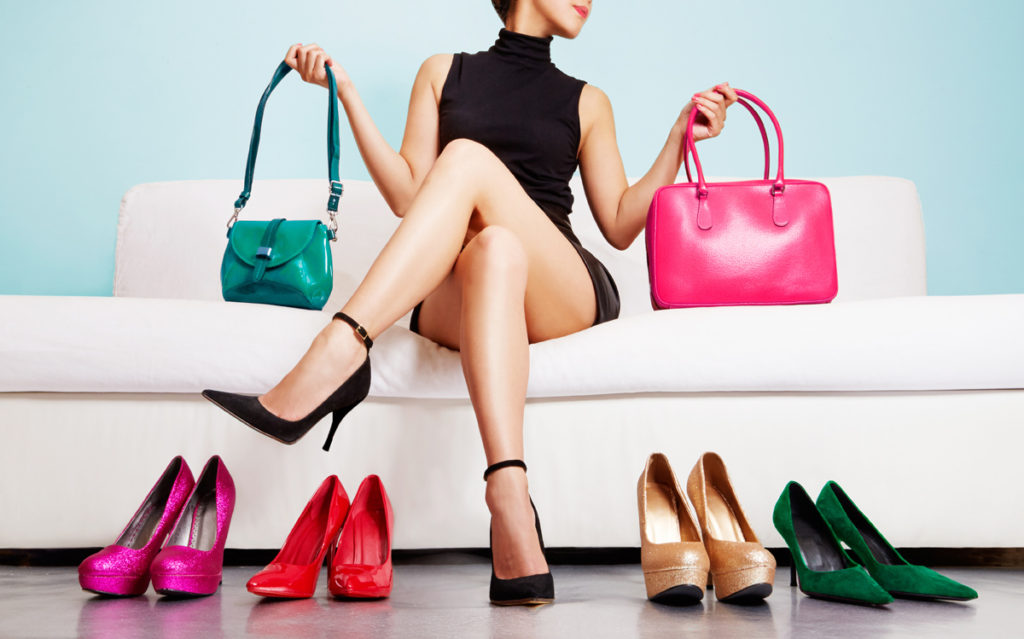
When adding to your wardrobe, look at what you already own that you love. If you have a favorite shirt, think about why it boosts your confidence and try to purchase clothes that check those boxes. If there are negative items in your wardrobe, such as the suit you’ll never wear again because of a traumatic job interview, get rid of it. And don’t beat yourself up for keeping old clothes that you associate with good memories. They’re worth keeping for the smiles they bring. In the end, there’s a reason why “retail therapy” is called “therapy” and adding some va-va-voom to your wardrobe just may be the pick-me-up you need to take your life — and career — to the next level.


